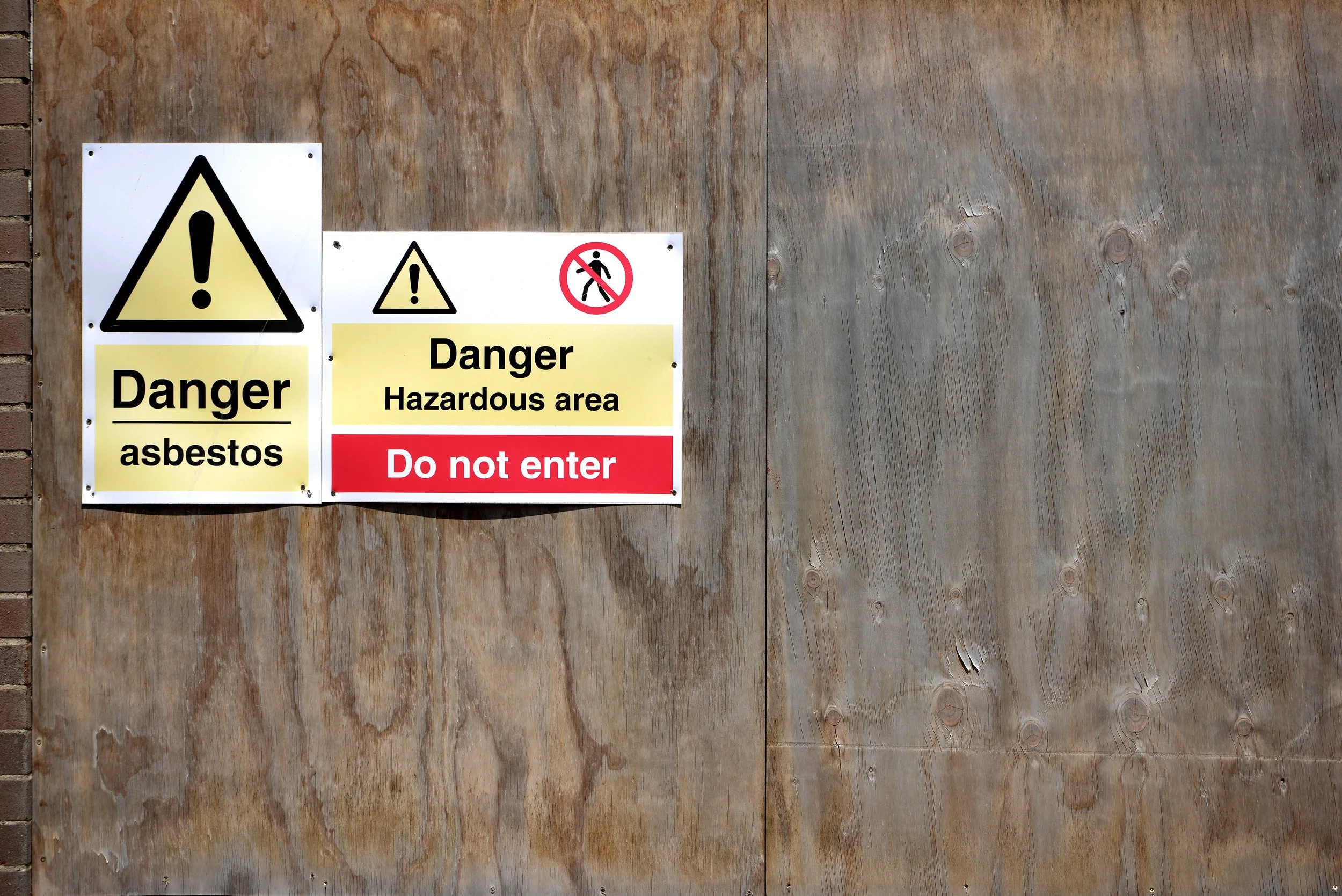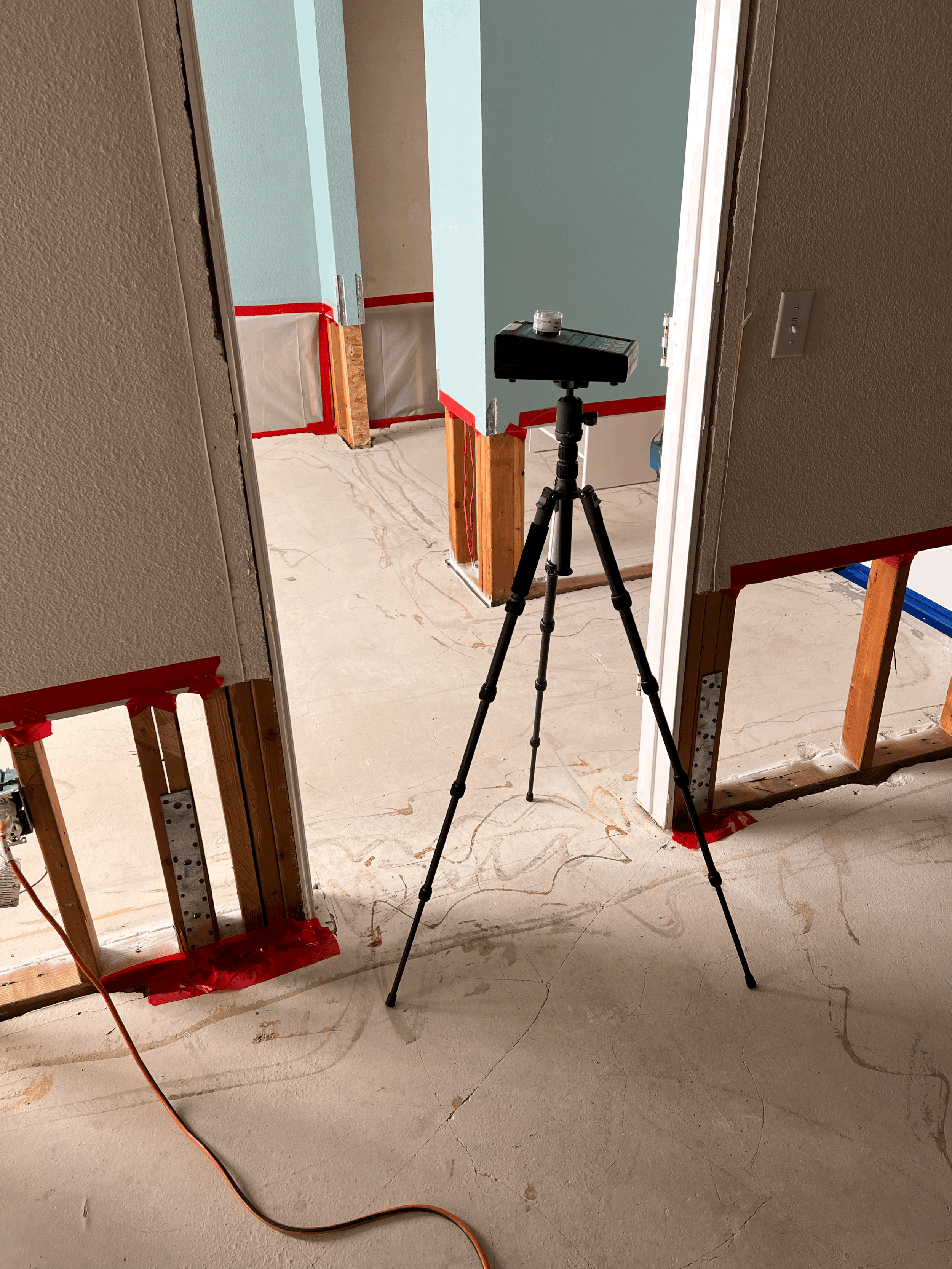Asbestos Bulk Sampling
Understanding the Importance and Process
Asbestos bulk sampling is a process used to identify the presence of asbestos-containing materials (ACMs) in a building or structure. It involves taking representative samples of suspect materials and sending them to a laboratory for analysis. Here's an overview of the asbestos bulk sampling process:
Engage a EPA certified Asbestos Consultant: It is important to hire a Certified asbestos consultant or a qualified asbestos professional who has expertise in conducting bulk sampling. They will have the necessary knowledge to identify potential ACMs and perform the sampling safely.
Survey and Material Assessment: The consultant will conduct a thorough survey of the property to identify materials that may contain asbestos. This involves visual inspection and assessment based on the age of the building, construction type, and known ACMs. Samples are typically collected from materials like insulation, flooring, roofing, ceiling tiles, and pipe insulation, which are commonly associated with asbestos.
Sample Collection: The consultant will carefully collect samples from the suspect materials using appropriate methods to minimize the release of asbestos fibers into the air. This may involve wetting the material, using a hand tool or coring device to extract a small piece, and placing it in a sealed container. It's crucial to follow proper safety procedures during sample collection.
Chain of Custody: To ensure the integrity of the samples, a chain of custody document is used to track the samples from collection to analysis. This document records details such as the sample location, date, time, and the individuals responsible for collecting and handling the samples.
Laboratory Analysis: The collected samples are sent to an accredited laboratory that specializes in asbestos analysis. The laboratory will use polarized light microscopy (PLM) or transmission electron microscopy (TEM) techniques to identify and quantify asbestos fibers in the samples.
Reporting: Once the laboratory analysis is complete, the consultant will provide a detailed report that includes the results of the analysis, indicating whether asbestos is present and the type of asbestos identified. The report may also include recommendations for further action, such as asbestos management or removal.
It's important to note that asbestos bulk sampling should be performed by qualified professionals who follow local regulations and guidelines. They will have the necessary expertise to ensure accurate sampling, analysis, and interpretation of the results. The presence of asbestos requires careful handling and management to protect the health and safety of occupants and workers.
QIC Environmental Services places a strong emphasis on work ethics, attention to detail, and a comprehensive understanding of environmental testing requirements across various industries. This commitment ensures that their customers receive top-quality service.
Choosing the right professional for environmental testing needs can indeed be a daunting task due to the multitude of options available. However, QIC Environmental Services alleviates this concern by employing qualified technicians who possess the necessary expertise and skills to handle projects of any size.
Whether the project is small or large, QIC Environmental Services is dedicated to providing comprehensive solutions tailored to meet the specific needs of their clients. Their qualified technicians are well-prepared to handle diverse environmental testing requirements and deliver reliable results.
By offering their expertise and a well-rounded understanding of the industry, QIC Environmental Services aims to be the trusted partner for customers seeking environmental testing services.




